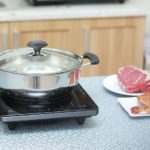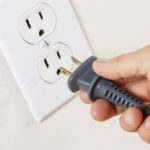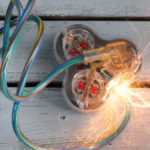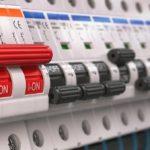It’s important to be cautious when it comes to electrical safety at home. Many electrical accidents occur due to improper usage or overloading power outlets. Let’s take a look at 8 household appliances that should not be plugged into the same outlet:
1 Heaters and Air Conditioners
Heaters and air conditioners are both high-power appliances. Their function is to maintain the humidity and temperature in a room, and each time they are turned on, they consume a significant amount of electricity. Plugging them into the same outlet as other appliances can overload the circuit and lead to short circuits or overheating. For this reason, these appliances should always have their own dedicated outlets.
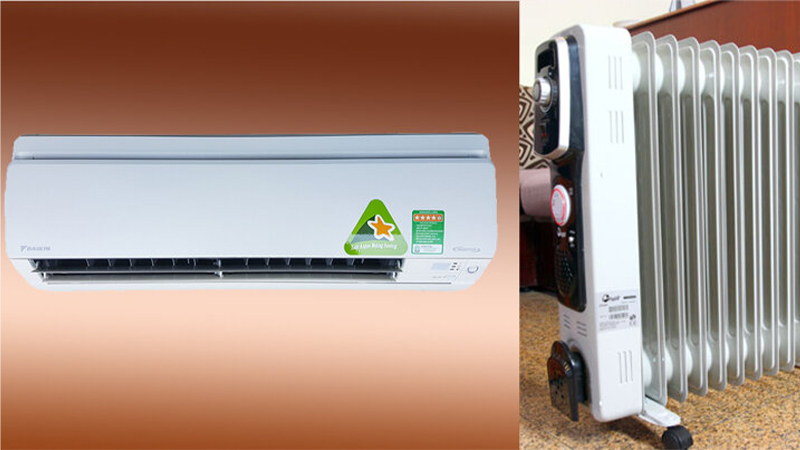 Heaters and air conditioners are high-power appliances
Heaters and air conditioners are high-power appliances
2 Refrigerator
The refrigerator is a household appliance with a substantial power draw, and almost every home has one. Plugging other appliances into the same outlet as the refrigerator can lead to electrical fires or short circuits because the wires become overloaded. To ensure safety, refrain from plugging other devices into the same outlet as your fridge.
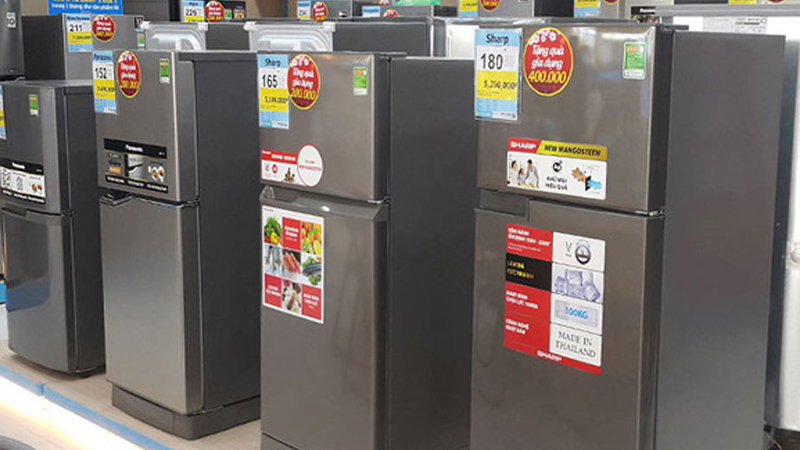 Refrigerators consume a large amount of electricity and are found in most homes.
Refrigerators consume a large amount of electricity and are found in most homes.
3 Microwave Oven
According to the manufacturer’s information, microwave ovens have a higher power output than washing machines. Therefore, it is best to plug your microwave into a separate outlet to ensure safe usage.
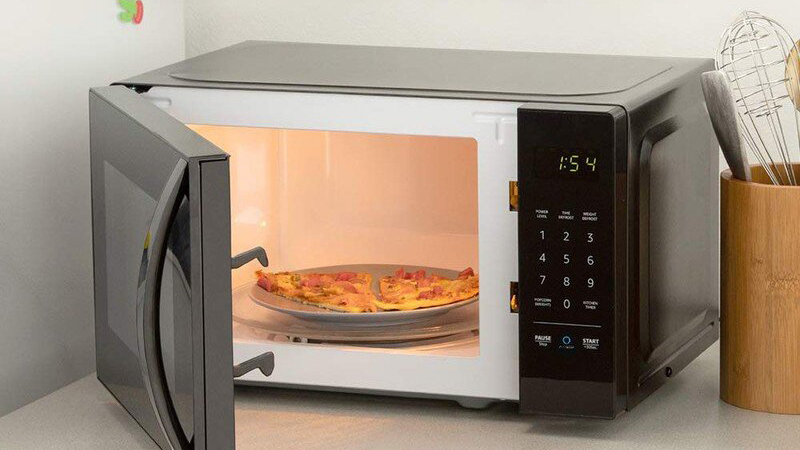 Microwave ovens have a higher power output than washing machines.
Microwave ovens have a higher power output than washing machines.
4 Bread Toaster
Bread toasters consume a lot of electricity, similar to microwave ovens. Hence, it also requires its own dedicated outlet to ensure safety. Inside the toaster, there is a bundle of wires that heat up to toast the bread, and overloading the machine with too much electricity can cause these wires to overheat and potentially lead to a fire. Therefore, it is essential to use a separate outlet for this appliance.
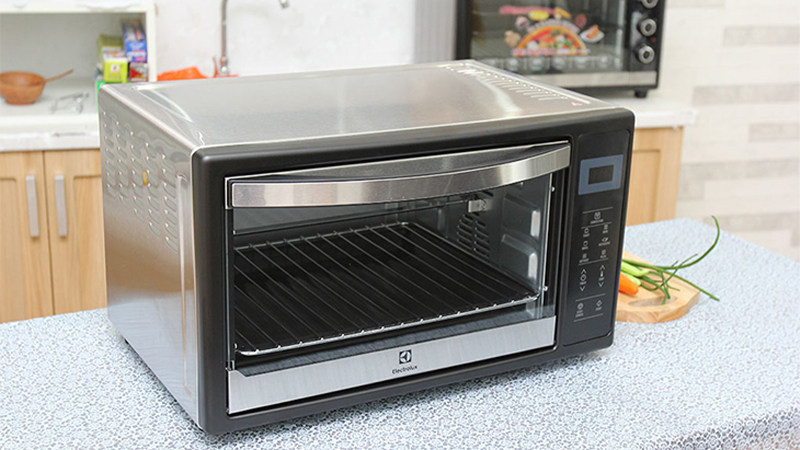 Bread toasters consume a lot of electricity, just like microwave ovens.
Bread toasters consume a lot of electricity, just like microwave ovens.
5 Hair Dryer and Curling Iron
According to the manufacturer’s instructions for hair dryers and curling irons, these appliances should be plugged directly into an outlet, avoiding extension cords and adapters. Hair dryers and curling irons require a substantial amount of electricity to function properly and should therefore be plugged into separate outlets.
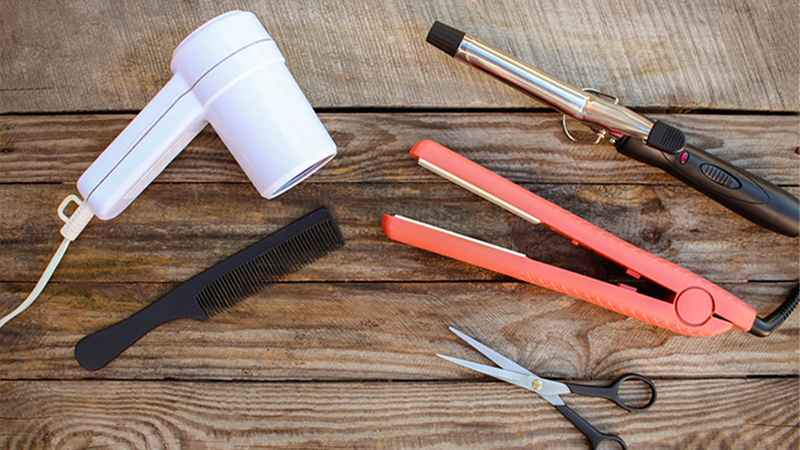 Hair dryers and curling irons require a large amount of electricity and should be plugged into separate outlets.
Hair dryers and curling irons require a large amount of electricity and should be plugged into separate outlets.
6 Multi-Cooker or Pressure Cooker
Multi-cookers and pressure cookers are high-power appliances that can consume up to 1500W of electricity. It is crucial to ensure that they are firmly plugged into an outlet and not into an extension cord along with other appliances like kettles, bread toasters, or other devices.
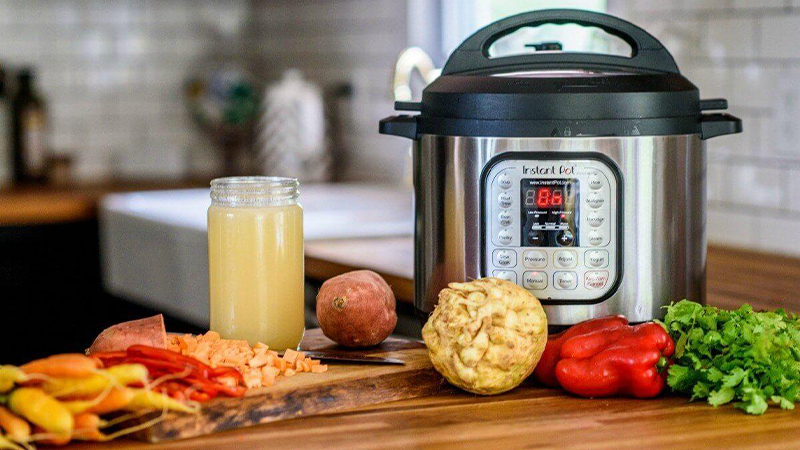 Multi-cookers and pressure cookers can consume up to 1500W of power.
Multi-cookers and pressure cookers can consume up to 1500W of power.
7 Coffee Maker
Although it may be small, a coffee maker consumes a lot of energy to transform coffee beans into a hot beverage. Therefore, it should not be plugged into the same outlet as other appliances when in use.
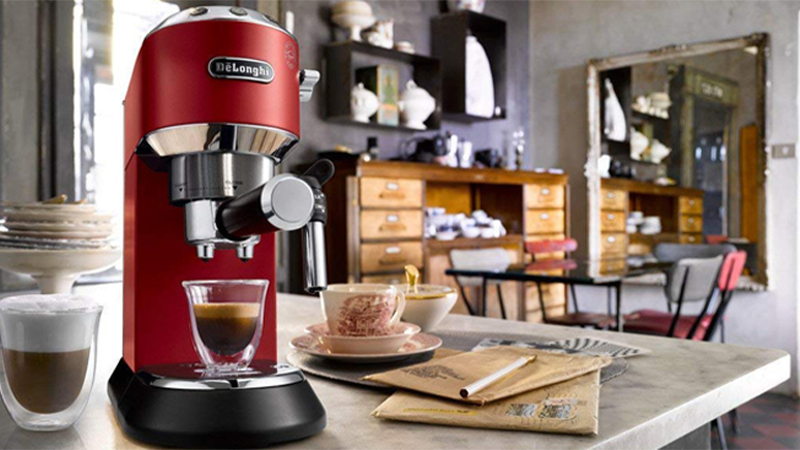 Coffee makers are small but powerful appliances.
Coffee makers are small but powerful appliances.
8 Washing Machine
You should avoid plugging your washing machine into the same outlet as other appliances. Doing so can lead to overloaded circuits, causing overheating, reducing the lifespan of your appliances, and even posing a risk of fire or explosion.
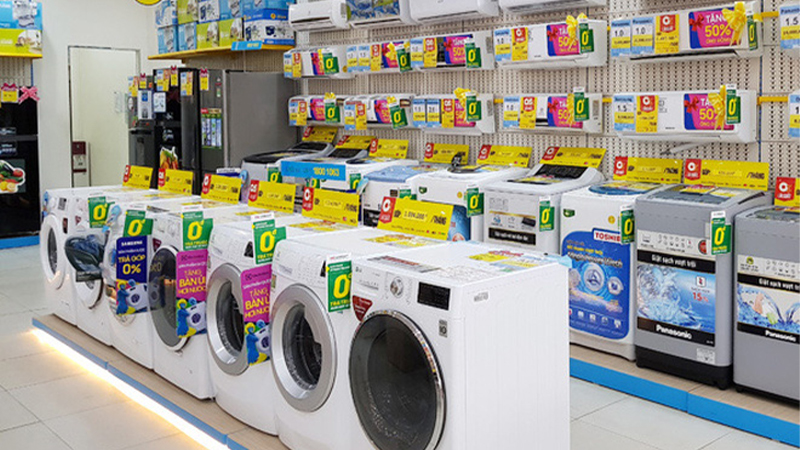 Avoid plugging your washing machine into the same outlet as other appliances.
Avoid plugging your washing machine into the same outlet as other appliances.
These are the 8 household appliances that should not share an electrical outlet to prevent premature damage. We hope that this article has provided you with valuable information to keep in mind when using electrical appliances.
Tenants Offered Protection for Their Property During Tet Holiday
As the Tet holiday nears, renters are concerned about the potential loss or theft of their items in their rental rooms. To ensure their property is safe and secure, many are left wondering what steps they can take to prevent it. Learn what methods you can employ to protect yourself and your possessions while renting in this article!
Discovering and Fixing Electrical Leaks in the Home
With modern households requiring an ever increasing amount of electricity, it is more important than ever to be aware of the potential dangers posed by electric leakage. Don’t worry, though, as this guide will teach you all you need to know about testing and troubleshooting electric leakage in the comfort of your own home!

























